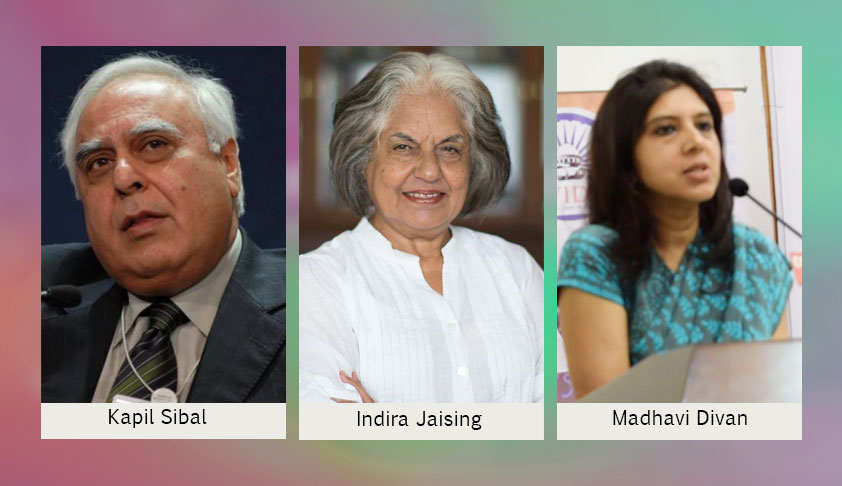Hadiya Case: SC Issues Notice To Hadiya’s Father, State Of Kerala, NIA
Prabhati Nayak Misra
4 Aug 2017 3:55 PM IST

Next Story
4 Aug 2017 3:55 PM IST
A Bench of Chief Justice of India (CJI) J S Khehar and Justice DY Chandrachud has issued notice in an appeal against Kerala High Court Judgment in Hadiya Case which nullified the marriage of an adult woman converted to Islam, with a Muslim man, in a habeas corpus petition filed by her father.The Bench sought response from girl’s father Ashokan, State of Kerala and NIA.Justice Khehar said...
